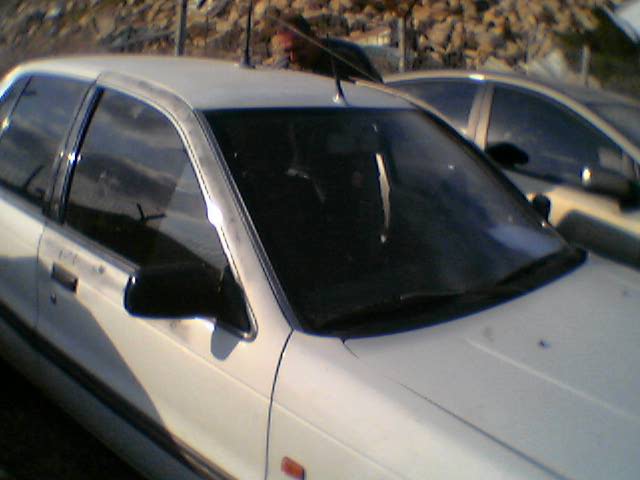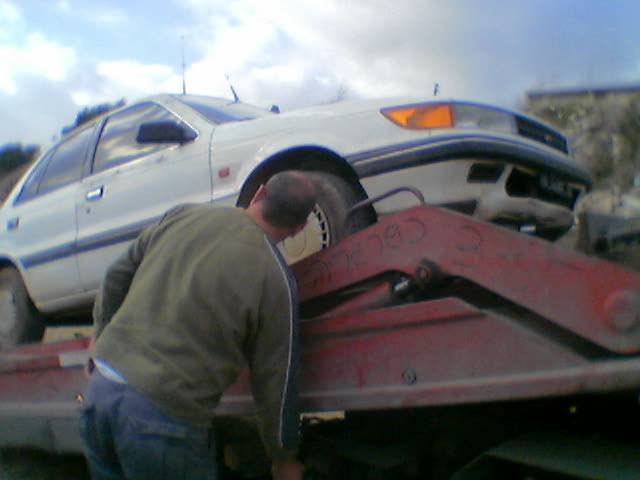Yesterday I spent all day reading Sue Ellen Pressman’s Ph.D. dissertation “A NATIONAL STUDY OF DEAF ENTREPRENEURS AND SMALL BUSINESS OWNERS: IMPLICATIONS FOR CAREER COUNSELING”. As far as Pressman and I know, this is the first time such a study was undertaken.
I have a methodological note: the study claims to be based upon a representative sample of the deaf entrepreneurs in USA. However this claim is not supported by the methodology used. The sample was self-selected by consent to answer a questionnaire, and by being member of (or known to) Deaf and hard of Hearing Entrepreneurial Council (DHHEC) i.e. included in DHHEC’s mailing list.
There also seem to be few non sequiturs. Most entrepreneurs had some postsecondary school experience (some of them having college degree), but it does not by itself imply necessity of postsecondary school experience for success in business. Similarly, the fact that most of the entrepreneurs use voice to communicate with hearing customers and employees – does not by itself imply that voice is necessary or advisable for business success.
The following study findings are not obvious:
- Deaf entrepreneurs usually had hearing employees and hearing customers.
- Percentage of college graduates among Deaf entrepreneurs is higher than that among hearing entrepreneurs.
- To communicate with hearing employees and customers, about 60% of the Deaf entrepreneurs used writing.
I made the following mental notes upon reflecting upon the study:
- Cultivation of relay services goes together with development of deaf owned businesses.
- There is a problem (not mentioned in the study) of lack of mutual trust among the Deaf in business, at least in Israel.


